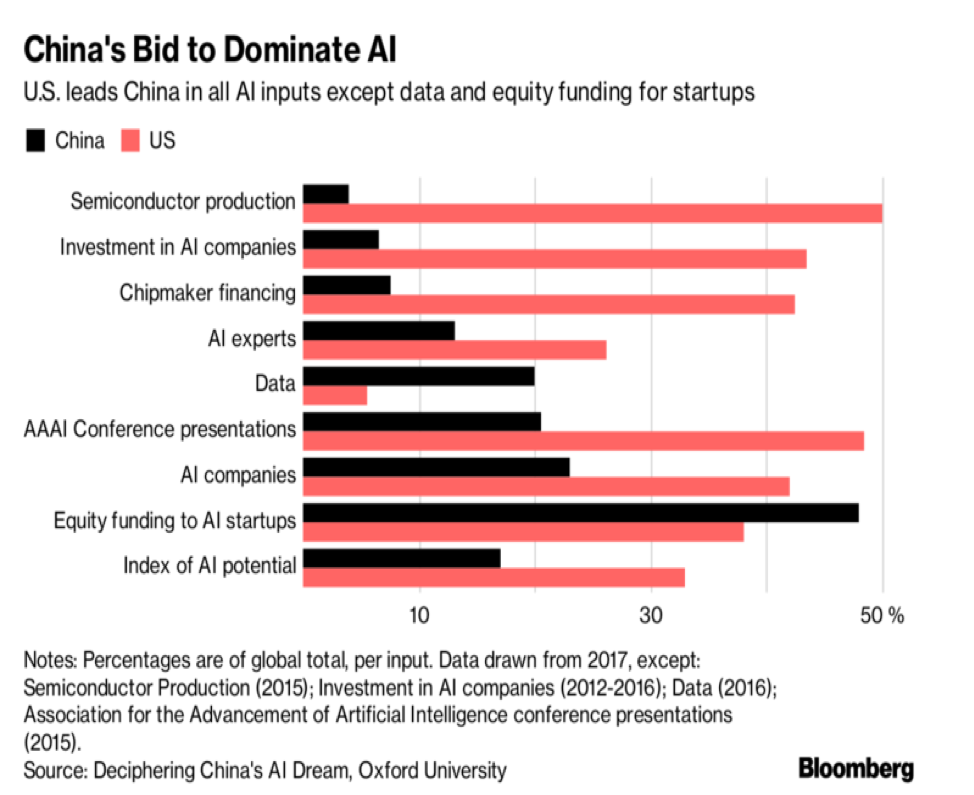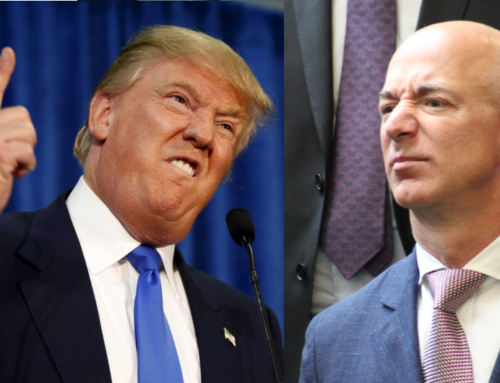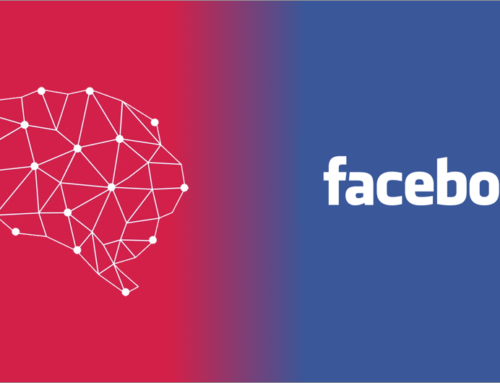The outrage over the affirmed manhandle of Facebook Inc’s. Client information is unfurling far from China, but then privacy regulators in Beijing have been observing eagerly.
Their interest indicates how every one of the three major players in the technology world – the Americans, Chinese and Europeans – are feeling their approach to adjust the requests of users for protection and for government’s security.
But at the same time, they’re contending to shape the principles of the amusement for web organizations and, for the U.S. Furthermore, China, specifically, to expand access to information for a greater objective: to rule Artificial Intelligence, the next frontiers in machine learning.
“These administrations and organizations are trying to endeavoring to make sense of what information provided should resemble,” said Samm Sacks, the senior individual in the innovation program at the Center for Strategic and International Studies, a Washington think tank. “What’s more, this is going on in a worldwide setting that will have suggestions for exchange and for innovative work in AI.”

China’s bid to dominate AI
New Chinese security measures kicks off on May 1. The European Union’s broad General Data Protection Regulation enters full force a little more than three weeks.
Presently the possibility of more tightly information security enactment in the U.S. just got a little nearer as well. Facebook Chief Executive Officer Mark Zuckerberg is getting ready to vouch for Congress on how Cambridge Analytica, an organization that chipped away at Trump’s election crusade, secured the information of 50 million Facebook users.
“This Facebook occurrence sounded the caution for Chinese information controllers and regulators,” said Lu Chuanying, a digital security analyst at the Shanghai Institute for International Studies who helped draft the new information protection standard for China’s tech firms.
“In the event that is an issue for the biggest social media mediums in the U.S., at that point that can be an issue for Chinese firms,” as they grapple with potential duty regarding third party information misuse, he said.
AI has exploded lately as always datasets wind up accessible to be mined by algorithms.
From language to image acknowledgment and robotic technology, to health care and military applications, most people anticipate that AI will drive future financial development and characterize awesome power rivalry. As Russian President Vladimir Putin set it last year, “the person who turns into the pioneer in this circle will be the leader of the world.”
China’s President Xi Jinping has set out an eager intention to overwhelm in AI by 2030, surpassing the U.S. It would see net yield from China’s AI industry increment 10-times inside the following three years, to 150 billion renminbi ($24 billion), and to 1 trillion renminbi by 2030.
Lu said that vision has an influence in drafting control. He depicted the stringency of China’s present information security leads to falling intentionally somewhere close to the U.S. what’s more, the EU. That is incompletely a result of aggressive worries over access to big data.
The U.S. government will likely keep up its worldwide lead in AI improvement. The EU, which has no big data gathering partnerships on the size of Facebook, Amazon.com Inc., or Chinese goliath Tencent Holdings Ltd., has said it needs to lead in the moral utilization of information. It as well, however, is stressing over getting deserted on AI.
Chinese Rules
An examination by Jeffrey Ding for Oxford University’s Future of Humanity Institute distributed for the current month found that China at present trails the U.S. in AI abilities on most measurements, however not on access to big data or the supercomputers to crunch it.
That is the consequence of substantial government venture, a 1.4 billion in number populace, a higher internet business immersion than the U.S., and meddlesome government databases that would be politically hard to keep up in the west.
China is endeavoring to oversee access to online data and confine information extraction while enacting for more noteworthy security rights for buyers in the business segment. The pressure between those objectives is reflected in China’s protection enactment, said Richard Bird, a Hong Kong-based partner in the law office Freshfields Bruckhaus Deringer.
In spite of the fact that in some routes at any rate as strict as the EU’s, China’s new security standard is non-official, he said. In the interim, the most created measures to ensure individual protection are, unsurprisingly, in the National Cyber Security law.
Received a year ago, it expected organizations to store and process locally all individual information and in addition whatever other information that China considers “critical.” The U.S. documented an objection at the World Trade Organization that such an enigmatically worded limitation will be utilized to oppress other countries.
At that point there are the punishments. While the affirmed abuse of information in the Facebook-Cambridge Analytica case would break Chinese law, the potential fine would be topped at 10 times any unlawful pick up, said Bird, including that by and by that implies one of up to about $150,000 would be more ordinary.
Pushing Back
Chinese tech firms have issues with the Cyber Security law, as well. The administration needs business web champions, for example, Alibaba Group Holding Ltd., Baidu Inc. furthermore, Tencent to extend abroad, adding a computerized board to Xi’s single Belt single Road system of building framework around the globe to grow China’s exchange connections and impact.
Those same firms have been “pushing back on information confinement since they see it conceivably harming them all inclusive,” said Sacks, the U.S. examiner.
Alibaba, for instance, would not have the capacity to serve its Chinese clients abroad. Chinese financial institutions could be stumbled by local administration as they endeavor to make worldwide exchanges. The tech organizations likewise need clearer security control to help win the trust of the remote governments and purchasers they have to extend abroad, as indicated by Sacks.
The firms see global development as critical for information access and in addition benefit. The U.S. may just have a populace of 330 million; however Facebook has 2.2 billion dynamic month to month clients and all the data that accompanies them.
All things considered, the entire spotlight big data as the new oil – the basic element for another, AI-based post-industrial economy – might be exaggerated, as per Paula Parpart, founder of Brainpool.ai, a U.K.- based organization that gives firms with great AI engineers.
One reason, she stated, is that advancement is being made in data investigation that strips out the personality of people – something known as a differential security.
Another is that what many people call AI is in all actuality machine learning, utilizing the beast power of big data to perform assignments. Genuine AI requires concocting algorithms that, similar to people, can gain from only maybe a couple cases, as opposed to thousands. More protection control could drive research in that path.
And, after it’s all said and done there could be dangers to over-control, as indicated by Parpart. In the event that organizations like Alibaba or Facebook are limited excessively as far as the information they can store and how they can utilize it they may lose the advertisement income that empowers them to finance AI research, she said.






Leave A Comment